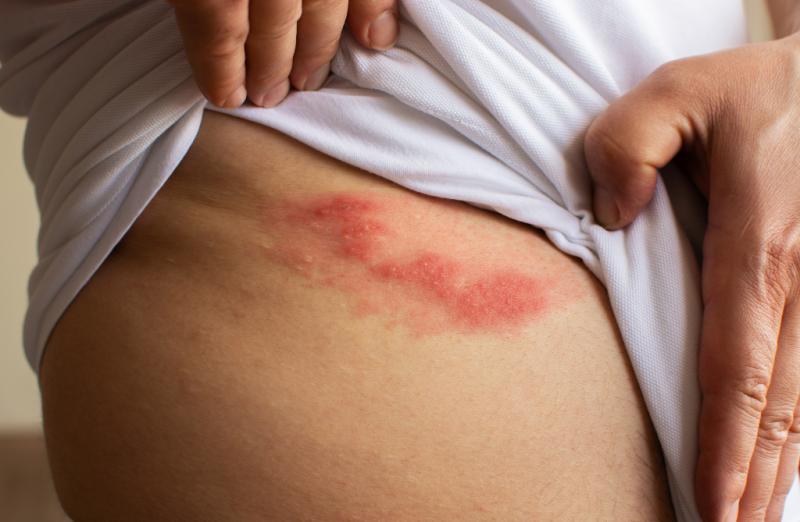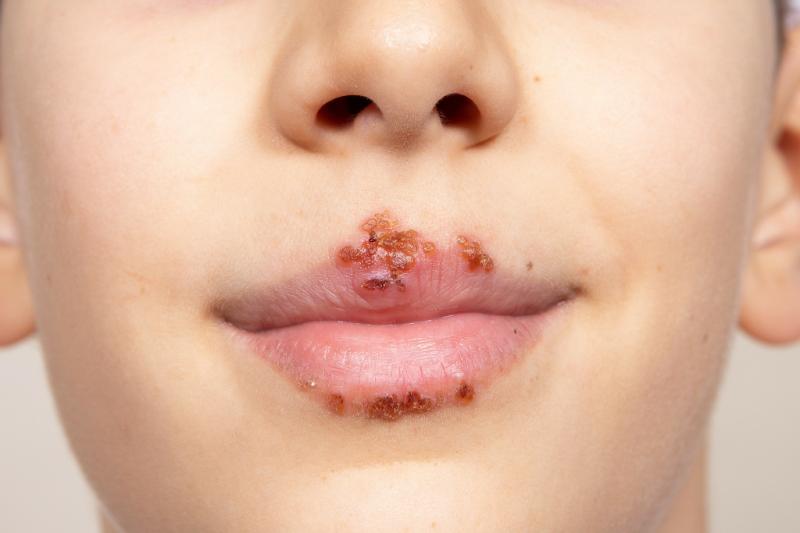Viral Skin Infections In The Elderly: 5 Things You Should Know

As we age, our skin becomes more fragile and susceptible to infection. The elderly population is particularly vulnerable to skin infections due to weakened immune systems, diabetes, poor nutrition, inadequate hygiene practices, and even advanced illnesses like cancer or HIV.
While viral skin infections are not generally serious if caught early on, they can cause significant problems in older individuals if left untreated. Understanding the most common types of viral skin infections in the elderly and the precautions you can take to reduce their spread will help keep you and your senior family member safe from harm. This awesome post covers five key points about viral skin infections that everyone should be aware of.
1. What Are Viral Skin Infections And What Causes Them In The Elderly People?
Viral skin infections are a widespread medical condition that can appear and affect any body part. Many viruses, including herpes, molluscum contagiosum, warts, and more, can cause these skin infections.
In addition to causing an array of issues for elderly patients, including itching, burning sensations, and painful lesions in the skin or scalp, viral skin infections pose much more significant risks than discomfort or visual defects.
Seniors are at a greater risk of suffering from worse symptoms, such as fever and chills, that can slowly deteriorate the patient's overall health if not properly treated immediately.
2. What Are Common Viral Skin Infections?
Viral skin infections in the elderly can be a severe problem, leading to complications. With that said, it's essential to know what these infections are, how they spread, and how to prevent them. The most common skin infection include:
- Shingles
One of the most frequently encountered viral skin infections is shingles—characterized by an excruciating rash that appears as a single, elongated stripe around one side of the torso. It can be mildly irritating or severely painful, depending on the strain of the virus and how it's contracted.
The infection, caused by the varicella-zoster (or chickenpox) virus, affects people over 60 across all demographics. Itching and burning are common symptoms of a rash flare-up, and patients may feel tingling before and after the rash appears.
- Cold Sore
Cold sores, also referred to as herpes labialis, are among older people's most common viral skin infections. Caused by the contagious herpes simplex virus (HSV-1), cold sores usually appear around the lip area or adjacent skin areas.
They can recur or flare up with stimuli, such as sun exposure, stress, and fatigue. Common symptoms include itching, tingling, and burning sensations around the lips and a cluster of painful red blisters.
- Warts
Warts can often be seen in older adults due to their weakened immune response. These viral skin infections are caused by the human papillomavirus (HPV) and can appear on any skin area or mucous membranes. They come in many forms and sizes, including common flat and plantar warts.
3. What Are The Signs and Symptoms?
Viral skin infections can be unpleasant and cause discomfort, though they are usually not serious. The most common symptoms of viral skin infections include
- itching or burning in the affected area,
- bumps or blisters filled with clear fluid, and
- redness around the infected site.
As viruses cause these infections, the only way to treat them effectively is usually to allow them to run their course. However, it would be best to consult a healthcare provider for further guidance on addressing severe cases.

4. What Are Preventative Tips For Viral Skin Infections?
If a senior is in your care, you must understand the risk of viral skin infections and how to prevent them. Here are some viable tips for preventing viral skin infections:
- Maintain Good Hygiene: Ensuring that hands are washed regularly and properly with soap, and water can help reduce the possibility of spreading germs and viruses. Seniors should also be encouraged to bathe periodically and keep their skin clean.
- Regularly Change Clothing: It’s essential to keep clothing clean, especially when dealing with elderly patients who may not be able to do so themselves. This includes changing into a fresh set of clothes daily and washing bedding and clothing.
- Avoid Sharing Personal Items: To reduce the risk of spreading germs and viruses, it’s important to avoid sharing personal items, such as towels, razors, and nail clippers.
- Use Antibacterial Soap or Creams: Using antibacterial soap or creams can help to reduce the risk of infection by killing off bacteria on the skin. Seniors should be encouraged to use these products when washing and bathing.
By following the tips outlined above, seniors can reduce the risk of developing viral skin infections and stay healthy.
5. What Are Treatment Options For Viral Skin Infections?
When it comes to treating viral skin infections in the elderly, there are several options available. Depending on the specific type of infection, the doctor may recommend the following;
- Antiviral medications: These medications can help reduce symptoms and may even shorten the length of an outbreak.
- Topical creams and ointments: These products can help soothe itching and irritation caused by viral skin infections. The doctor may recommend applying a topical cream or ointment to the affected skin area several times a day.
- Oral antibiotics: Antibiotics may also be prescribed if you have bacterial and viral skin infections. These medications can help reduce inflammation and clear up any secondary infections caused by bacteria.
- Home remedies: Several home remedies may effectively treat viral skin infections in the elderly. These include using a cold compress to soothe itching, keeping the affected area clean and dry, and avoiding scratching the infected area.
Recap
With a few vital precautions, you can help protect your elderly loved ones from getting viral skin infections. You should keep their skin clean and dry, apply lotion regularly, avoid harsh soaps, and seek medical care at the first sign of rash or infection. Remember that the best way to prevent viral skin infections in the elderly is by practicing good hygiene and avoiding contact with people who are sick or have open wounds.
More to Read:
Previous Posts:











